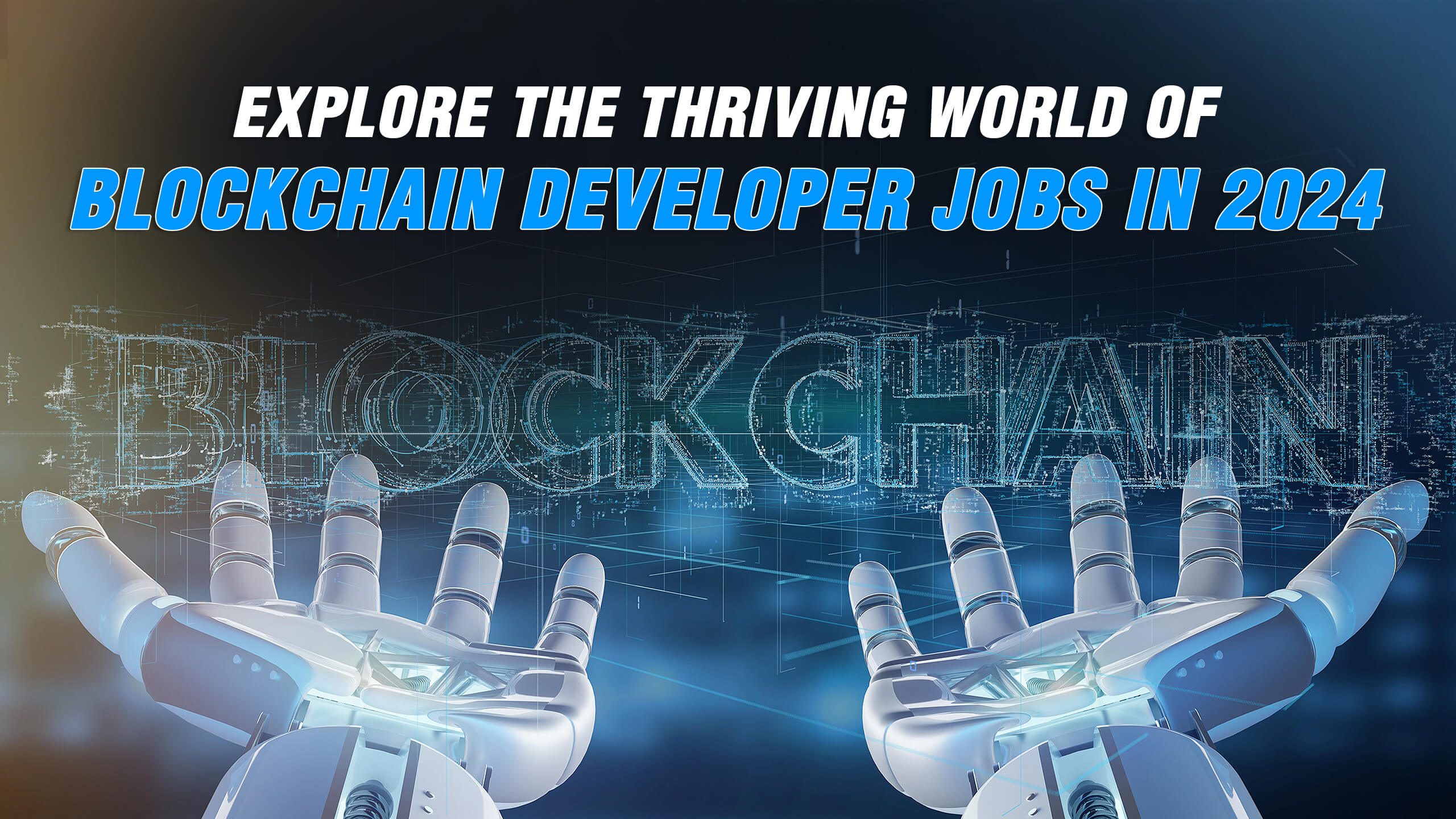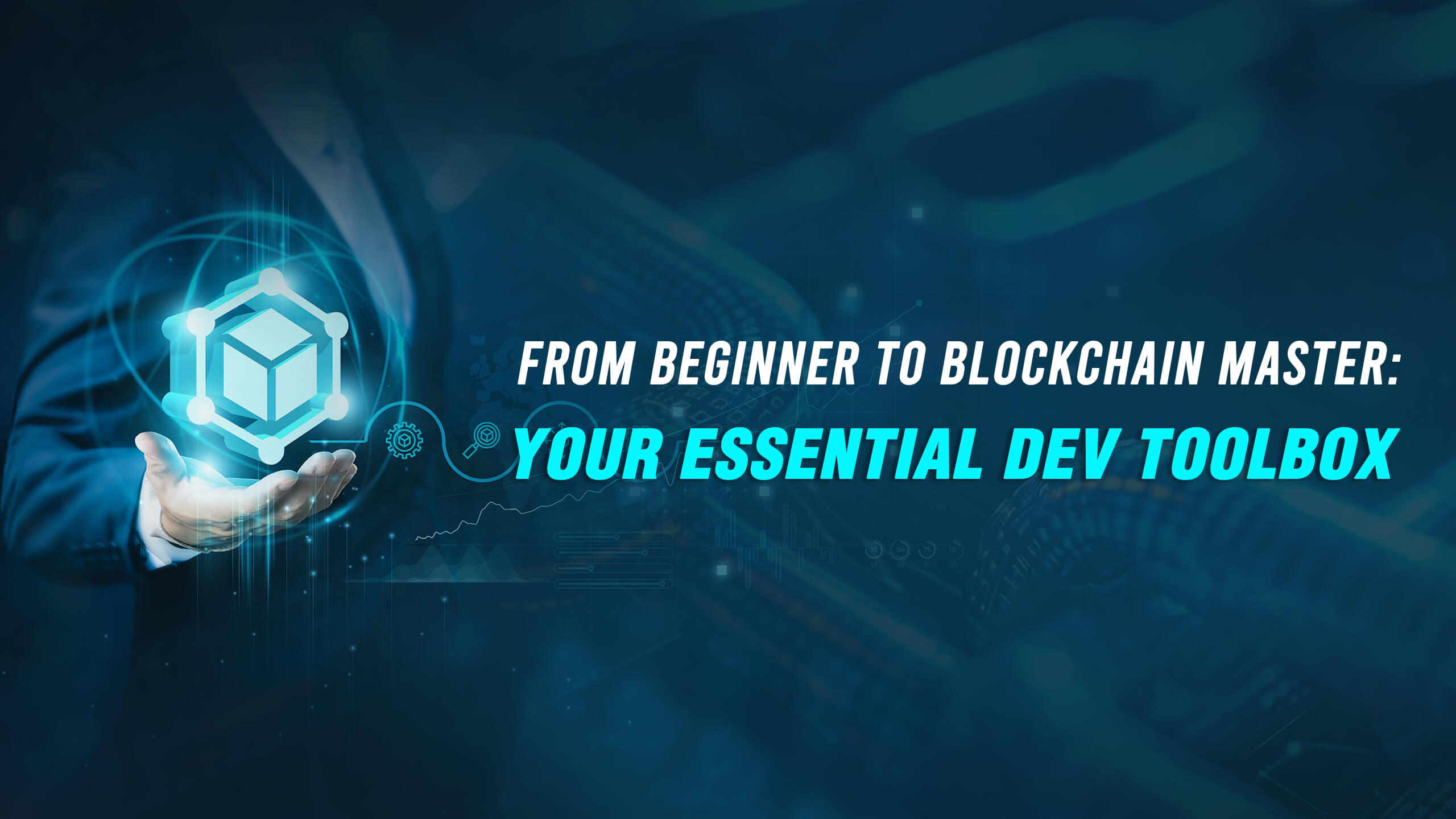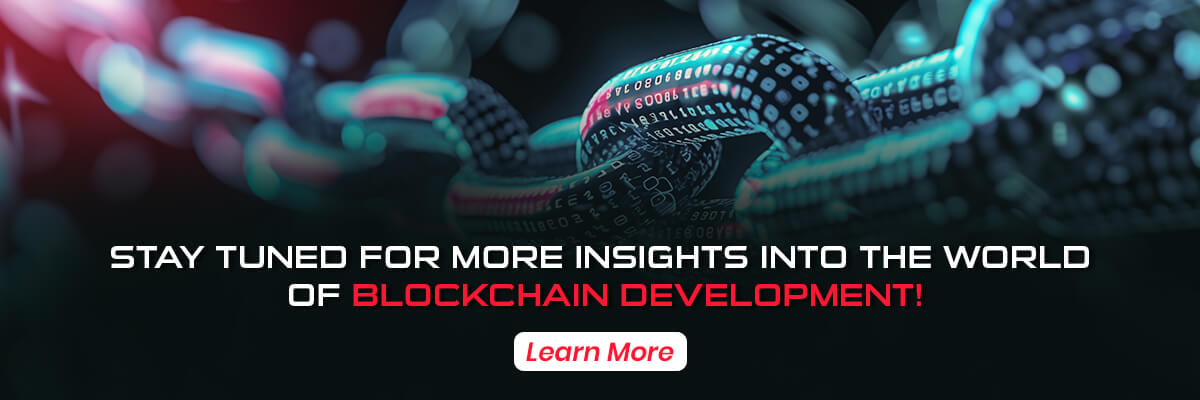Introduction to Blockchain Development
Imagine a transparent, shared ledger system accessible to everyone involved. This is the essence of blockchain technology, and blockchain developer jobs are at the forefront of building and implementing this transformative technology. It functions as a secure, distributed database that records transactions chronologically and permanently. Each transaction is grouped into a “block,” and these blocks are chained together using cryptography, creating a tamper-proof record. As a blockchain developer, you will be responsible for designing, building, and implementing applications that leverage this transformative technology.
Importance of Blockchain in Various Industries
The transformative power of blockchain extends far beyond cryptocurrencies. It’s impacting numerous industries by:
- Enhancing security and transparency: Supply chain management, healthcare, and voting systems are leveraging blockchain to ensure data integrity and track assets efficiently.
- Streamlining processes: Blockchain automates complex workflows, reducing paperwork and streamlining transactions in sectors like finance, trade, and logistics.
- Empowering individuals: Blockchain empowers individuals by fostering peer-to-peer transactions and ownership models, as seen in the rise of decentralized finance (DeFi) and non-fungible tokens (NFTs).
Rising Demand for Blockchain Developers
As blockchain adoption surges across various industries, the demand for skilled blockchain developers is skyrocketing. These specialists possess the expertise to design, build, and implement blockchain-based applications, catering to the growing need for secure, transparent, and efficient solutions.
What is a Blockchain Developer?
A blockchain developer is a software engineer specializing in building applications and systems utilizing blockchain technology. They play a crucial role in translating innovative ideas into functional blockchain solutions, driving the adoption and evolution of this transformative technology.
Skills and Qualifications Required
Blockchain developers require a unique blend of technical expertise and soft skills:
Technical Skills
- Programming languages like Solidity, Python, Java, and Go
- Understanding of cryptography and distributed ledger technology
- Familiarity with blockchain platforms (e.g., Ethereum, Hyperledger Fabric)
- Experience with smart contract development and testing
Soft Skills
- Problem-solving and analytical thinking
- Strong communication and collaboration skills
- Adaptability and a passion for continuous learning
Types of Blockchain Developers
The diverse landscape of blockchain development offers various career paths:
- Core Blockchain Developers: These architects design and build the underlying infrastructure of blockchain systems, focusing on protocols, consensus mechanisms, and network security.
- Blockchain Software Developers: They leverage existing blockchain platforms to develop applications like decentralized exchanges, supply chain management solutions, and NFT marketplaces.
- Enterprise Blockchain Developers: This specialization caters to integrating blockchain technology within existing enterprise systems, ensuring compatibility and scalability.
Key Responsibilities of Blockchain Developers
The realm of blockchain development presents exciting challenges and demands a diverse set of responsibilities from its practitioners. Here’s a glimpse into the core duties of a blockchain developer:
Designing and Implementing Blockchain Solutions
Blockchain developers act as architects, meticulously designing and implementing blockchain-based solutions that cater to specific industry needs. This involves selecting appropriate platforms, defining system architecture, and ensuring efficient data storage and retrieval mechanisms.
Developing Smart Contracts and Decentralized Applications (DApps)
Smart contracts are self-executing programs stored on the blockchain that automate agreements and facilitate secure transactions. Blockchain developers possess the expertise to design, develop, and test these smart contracts, ensuring their functionality and security. They also play a crucial role in building decentralized applications (DApps) that interact with smart contracts and provide user interfaces for interacting with the blockchain network.
Testing and Debugging Blockchain Applications
Rigorous testing is paramount in blockchain development. Developers employ various tools and methodologies to identify and rectify vulnerabilities and ensure the smooth operation of blockchain applications. This involves unit testing, integration testing, and security audits to guarantee the application’s robustness and resilience.
Collaborating with Other Team Members
Blockchain development is rarely a solo endeavor. Developers collaborate effectively with cross-functional teams, including system engineers, UI/UX designers, and product managers. Effective communication and collaboration are essential for translating project requirements into successful blockchain solutions.
Essential Skills for Blockchain Developers
In the ever-evolving landscape of blockchain, success hinges on possessing a robust skillset. Here are some of the essential skills that aspiring and experienced blockchain developers should strive to master:
Programming Proficiency
- Solidity: As the go-to language for smart contract development on the Ethereum blockchain, Solidity expertise is a must-have for many blockchain developers.
- JavaScript: Familiarity with JavaScript is valuable for building front-end interfaces for blockchain applications and interacting with blockchain data using libraries like web3.js.
- Additional Languages: While not mandatory, knowledge of other programming languages like Python, Java, and Go can be beneficial depending on the chosen blockchain platform and development environment.
Cryptographic Acumen
- Understanding Cryptography and Security Protocols: Blockchain technology relies heavily on cryptography for securing transactions and ensuring data integrity. A thorough grasp of cryptographic concepts like hashing, digital signatures, and encryption algorithms is crucial for building secure and trustworthy blockchain applications.
- Staying Abreast of Security Threats: As the blockchain landscape matures, new security vulnerabilities emerge. Developers must stay updated on the latest threats and best practices for mitigating them.
Navigating Blockchain Platforms
- Familiarity with Popular Platforms: In-depth knowledge of specific blockchain platforms like Ethereum, Hyperledger Fabric, and Solana is essential for developers to effectively utilize their unique features and functionalities.
- Adaptability and Continuous Learning: The blockchain space is constantly evolving, with new platforms and protocols emerging. Developers must possess the ability to adapt and continuously learn new technologies to stay relevant in this dynamic field.
Delving into Decentralized Technologies
- Exploring Decentralized Storage and Communication: Familiarity with decentralized storage solutions like IPFS and communication protocols like Whisper can broaden a developer’s skillset and enable them to build more robust and scalable blockchain applications.
Tools and Technologies Used by Blockchain Developers
The arsenal of a blockchain developer extends beyond just programming languages and theoretical knowledge. Mastering the right tools and technologies is essential for efficient development and streamlined workflows. Here’s a glimpse into the essential tools and technologies that empower blockchain developers:
Blockchain Development Frameworks
- Truffle: This popular framework simplifies smart contract development, testing, and deployment processes. It offers features like contract compilation, migration, and testing, accelerating the development lifecycle.
- Embark: Another comprehensive framework, Embark provides a suite of tools for building decentralized applications, including smart contract development, front-end development, and user interface creation.
- Other Frameworks: Depending on the chosen blockchain platform and project requirements, various other frameworks like Hardhat, DApp Boilerplate, and OpenZeppelin Contracts are available to cater to specific needs.
Integrated Development Environments (IDEs)
- Remix: This web-based IDE offers a user-friendly environment for writing, compiling, and deploying smart contracts directly in the browser. It eliminates the need for local setup and is ideal for beginners or quick experimentation.
- Visual Studio Code with Extensions: This versatile code editor can be transformed into a powerful blockchain development environment with extensions like Truffle, Solidity, and Chainlink, providing code completion, debugging tools, and integration with blockchain platforms.
- Other IDEs: IDEs like Atom and IntelliJ IDEA can also be customized with relevant plugins and extensions to support blockchain development workflows.
Version Control and Collaboration
- Git: This distributed version control system allows developers to track changes, collaborate effectively, and revert to previous versions if needed. It’s essential for managing codebases and ensuring smooth collaboration within development teams.
- Collaboration Tools: Platforms like GitHub, GitLab, and Bitbucket provide additional features for code hosting, issue tracking, code reviews, and team communication, fostering efficient collaboration throughout the development process.
Opportunities for Blockchain Developer Jobs
The demand for skilled blockchain developers is soaring across various industries, presenting a plethora of exciting blockchain developer jobs opportunities. Here’s a glimpse into the diverse landscape of potential employers and the sectors actively seeking blockchain expertise:
Overview of Industries Hiring Blockchain Developers
The demand for blockchain developers transcends specific industries. Here are some prominent sectors embracing blockchain technology and actively seeking qualified professionals:
- Finance: From developing decentralized finance (DeFi) protocols to streamlining cross-border payments, blockchain is transforming the financial landscape. Banks, investment firms, and FinTech startups are actively recruiting blockchain developers to build innovative financial solutions.
- Healthcare: Securely managing electronic health records, facilitating data sharing between healthcare providers, and ensuring supply chain transparency for pharmaceuticals are just a few examples of how blockchain is impacting healthcare. Hospitals, healthcare institutions, and pharmaceutical companies are seeking blockchain developers to drive these advancements.
- Supply Chain Management: Ensuring traceability, transparency, and efficiency in global supply chains is a key application of blockchain technology. Logistics companies, manufacturers, and retailers are increasingly hiring blockchain developers to optimize their supply chain operations.
- Other Industries: Beyond these core sectors, the potential applications of blockchain are vast. Developers are finding opportunities in sectors like government, energy, media, entertainment, and even voting systems.
Types of Organizations Offering Blockchain Developer Jobs
The pool of potential employers for blockchain developers extends beyond traditional tech companies. Here are some of the key types of organizations offering blockchain developer jobs:
- Startups: Pioneering startups at the forefront of blockchain innovation are often at the center of exciting projects and offer opportunities for developers to be involved in shaping the future of the technology.
- Tech Giants: Established tech companies are actively investing in blockchain research and development, creating opportunities for developers to contribute to large-scale projects and work alongside experienced teams.
- Consulting Firms: Consulting firms specializing in blockchain solutions offer developers the chance to work on diverse projects across various industries, gaining valuable experience and exposure to different applications of the technology.
- Enterprise Companies: Traditional companies across various sectors are embracing blockchain to improve their internal processes and explore new business models. This opens doors for developers to contribute to the digital transformation of established organizations.
Career Paths for Blockchain Developers
The world of blockchain development offers a diverse range of career paths catering to various skill levels and interests. Here’s a roadmap outlining potential career progression for aspiring and experienced developers:
Entry-Level Positions and Internship Opportunities
For individuals new to the field, gaining practical experience is crucial. Entry-level positions like blockchain developer trainee or junior blockchain developer offer opportunities to learn from experienced professionals and contribute to ongoing projects. Internship programs are also valuable avenues to gain exposure to the industry and acquire foundational skills.
Mid-Level and Senior Developer Roles
As developers gain experience and proficiency, they can progress to mid-level roles like blockchain developer or smart contract developer. These positions involve greater responsibility, such as independently designing, developing, and testing blockchain applications.
Transitioning into Blockchain Architecture and Leadership Positions
With extensive experience and a proven track record, developers can reach senior-level positions like senior blockchain developer or blockchain architect. These roles involve leading development teams, defining technical strategies, and making critical decisions related to system design and implementation.
Experienced developers with exceptional leadership skills and a strategic vision can consider transitioning into leadership positions like blockchain project manager or head of blockchain development. These roles involve overseeing entire blockchain projects, managing teams, and ensuring project success from a strategic and budgetary perspective.
Salary Expectations in Blockchain Developer Jobs
Factors Influencing Blockchain Developer Salaries
- Experience and Skillset: As with any profession, experience plays a significant role in determining salary. Developers with extensive experience, proven expertise in specific blockchain platforms and smart contract development, and a deep understanding of cryptography typically command higher salaries.
- Location: Geographic location significantly impacts salary expectations. Major tech hubs like San Francisco, New York, and London generally offer higher salaries compared to smaller cities or developing countries.
- Industry: The specific industry in which a developer is employed can also influence their salary. Sectors like finance and healthcare, where blockchain adoption is rapidly advancing, often offer higher compensation packages compared to other industries.
- Company Size and Reputation: Established tech giants and well-funded startups may offer more competitive salaries and benefits packages compared to smaller companies or startups in their early stages.
- Role and Responsibilities in Blockchain Developer Jobs: Senior-level positions like blockchain architect or project manager naturally come with higher salary expectations compared to entry-level developer roles.
Average Salary Ranges in Different Regions
While providing a single, definitive salary range for blockchain developers is challenging, here’s a general overview based on various sources:
- Global Average: According to Indeed, the global average salary for blockchain developers is approximately $110,000 per year.
- United States: In the US, blockchain developer salaries can range from $80,000 to $180,000 per year, with senior developers potentially earning even higher.
- India: In India, the average salary for blockchain developers is estimated to be between ₹5,00,000 and ₹30,00,000 (approximately $60,000 to $36,000) per year.
Conclusion
The world of blockchain development is brimming with potential, offering exciting career opportunities and shaping the future of various industries. As we’ve explored, the demand for skilled blockchain developers is surging across diverse sectors, presenting a multitude of avenues for individuals passionate about innovation and technological advancement.
Whether you’re a seasoned developer seeking to expand your skillset or a newcomer eager to embark on this transformative journey, the opportunities in blockchain development are vast and ever-evolving. By continuously learning, honing your skills, and staying abreast of industry trends, you can position yourself for success in this dynamic landscape.
At Web 3.0 India, we are at the forefront of blockchain development, empowering businesses and individuals to leverage the transformative power of this technology. Our team of passionate and experienced developers possesses the expertise to design, develop, and implement cutting-edge blockchain solutions tailored to your specific needs.
If you’re looking to explore the exciting possibilities of blockchain technology, we invite you to connect with our team of experts. We are committed to guiding you through every step of your blockchain development journey, from ideation to implementation, ensuring you harness the full potential of this revolutionary technology.
Together, let’s build a future powered by innovation and driven by the transformative power of blockchain.
Frequently Asked Questions (FAQs)
1. What does a Blockchain developer do?
A blockchain developer is a software engineer who specializes in building applications and systems that leverage blockchain technology. They design, develop, and implement smart contracts, decentralized applications (dApps), and other blockchain-based solutions. Their responsibilities encompass understanding cryptography, security protocols, and various blockchain platforms to ensure secure and efficient applications for diverse industries.
2. How much does a blockchain developer earn?
In India, the average salary for blockchain developers falls within the range of ₹5,00,000 to ₹30,00,000 per year (approximately $60,000 to $36,000). This range can vary depending on factors like experience, location, specific skill set, and the company or industry. While it’s generally a high-paying field, remember that salary shouldn’t be the sole motivator when exploring this dynamic and fulfilling career path.
3. Will blockchain developers be in demand?
The demand for blockchain developers is expected to remain high and potentially surge in the coming years. As blockchain technology continues to be adopted across various industries, the need for skilled professionals to design, build, and maintain these innovative solutions will only grow.
4. Is blockchain a good career?
Whether blockchain is a good career for you depends on your individual interests and goals. It’s a rapidly evolving field with high demand and promising career prospects, offering the chance to work on cutting-edge technology and contribute to impactful projects. However, it also requires continuous learning and adaptation to stay ahead of the curve. If you’re passionate about technology, innovation, and solving complex problems, then blockchain development could be a fulfilling and rewarding career path for you.
5. What industries offer the most opportunities for blockchain developers jobs?
- Finance
- Supply Chain Management
- Healthcare
Beyond these core sectors, the potential applications of blockchain are vast, with opportunities emerging in government, energy, media and entertainment, and even voting systems.
6. How can I gain practical experience in blockchain development?
- Contribute to open-source projects
- Build your blockchain applications
- Participate in online courses and hackathons
- Look for internship or junior developer positions







